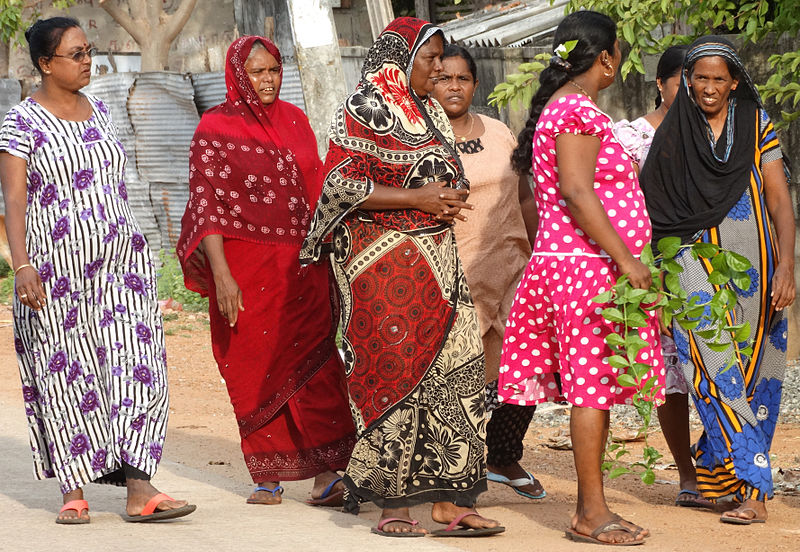mistressesanonymous.com – The role of women in Sri Lankan society has undergone significant transformations over the years, reflecting broader socio-economic and cultural shifts. Traditionally, women in Sri Lanka were primarily confined to domestic roles within a close-knit family structure and kinship group, in the context of an agro-based economy. However, the modern era has seen a notable evolution in their roles and status.
Historical Context and Traditional Roles
Historically, women in Sri Lanka were integral to the family and community, often managing household responsibilities and playing a crucial role in agricultural activities. Despite their contributions, they were often treated as second-class citizens, particularly in rural areas where education and opportunities were predominantly reserved for men.
Modern Challenges and Empowerment
The modern era has brought about a shift in the perception and roles of women in Sri Lanka. Efforts to promote gender equality and empower women have gained momentum, with various organizations and government bodies taking initiatives to address the socio-economic and cultural barriers that have historically marginalized women.
The involvement of women in the security sector and peacekeeping efforts is a notable development, highlighting their increasing role in public and political spheres. This shift is not only a response to the changing socio-economic landscape but also a reflection of the growing recognition of women’s capabilities and rights.
Economic Participation and Household Dynamics
Economic participation among women in Sri Lanka remains a challenge, with female labor force participation being significantly lower than the global average. This is compounded by the traditional expectation that women prioritize family over career, which can limit their opportunities for economic independence and personal growth.
Despite these challenges, the number of women-headed households in Sri Lanka is on the rise, indicating a shift in household dynamics and the increasing responsibility placed on women to manage both domestic and economic responsibilities.
Future Prospects and Policy Initiatives
The future of women’s roles in Sri Lanka looks promising, with ongoing efforts to enhance gender equality and empower women through education, economic opportunities, and political participation. The establishment of the Ministry of Women and Child Affairs and collaborations with international organizations like UN Women have been instrumental in driving these initiatives.
Conclusion
The evolution of women’s roles in Sri Lanka is a testament to the resilience and adaptability of the Sri Lankan society. From traditional domestic roles to active participants in the public and economic spheres, women are increasingly shaping the future of the country. As Sri Lanka continues to navigate the complexities of modernity, the ongoing efforts to empower women will be crucial in achieving a more equitable and inclusive society.

